How to Save Money on Gas
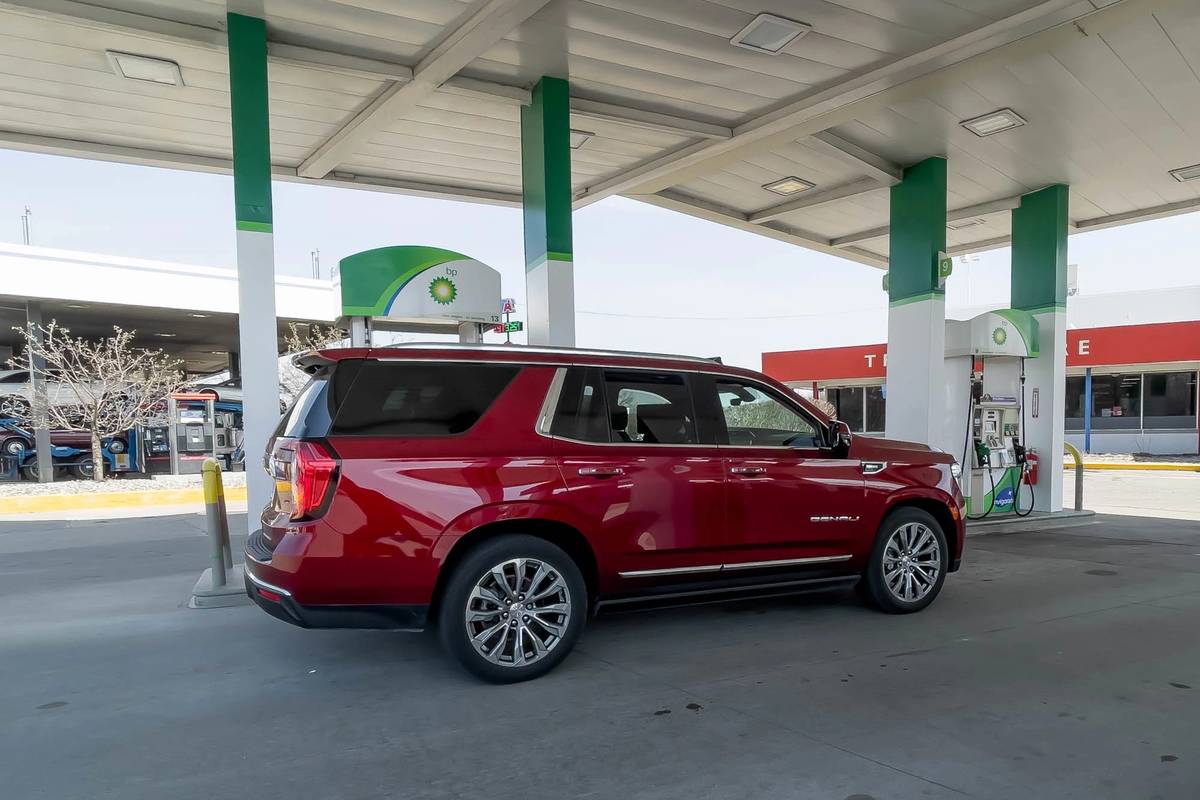
As car shoppers navigate record-high vehicle prices, the rising costs of car ownership are extending even beyond the dealer lot to fuel prices, which are climbing fast: According to AAA, the national average for the price of regular gas is $3.61 per gallon compared to $2.72 from the same time in 2021 — an increase of 33%. The average price for premium fuel is $4.22 per gallon and $4.01 per gallon for diesel (up 28% and 37% from the year previous, respectively).
Related: How to Save Gas While Driving
If you’re in the market for a new vehicle, putting the most fuel-efficient models at the top of your shopping list can reduce some of the burden at the pump. Meanwhile, choosing an affordable electric vehicle can eliminate fuel from the equation entirely (though a higher average sticker price still comes as the trade-off).
A new vehicle isn’t your only option to save money, however. Take the steps below to optimize your driving habits and fuel usage, which will add up to less costly fill-ups.
Get the Lead Out
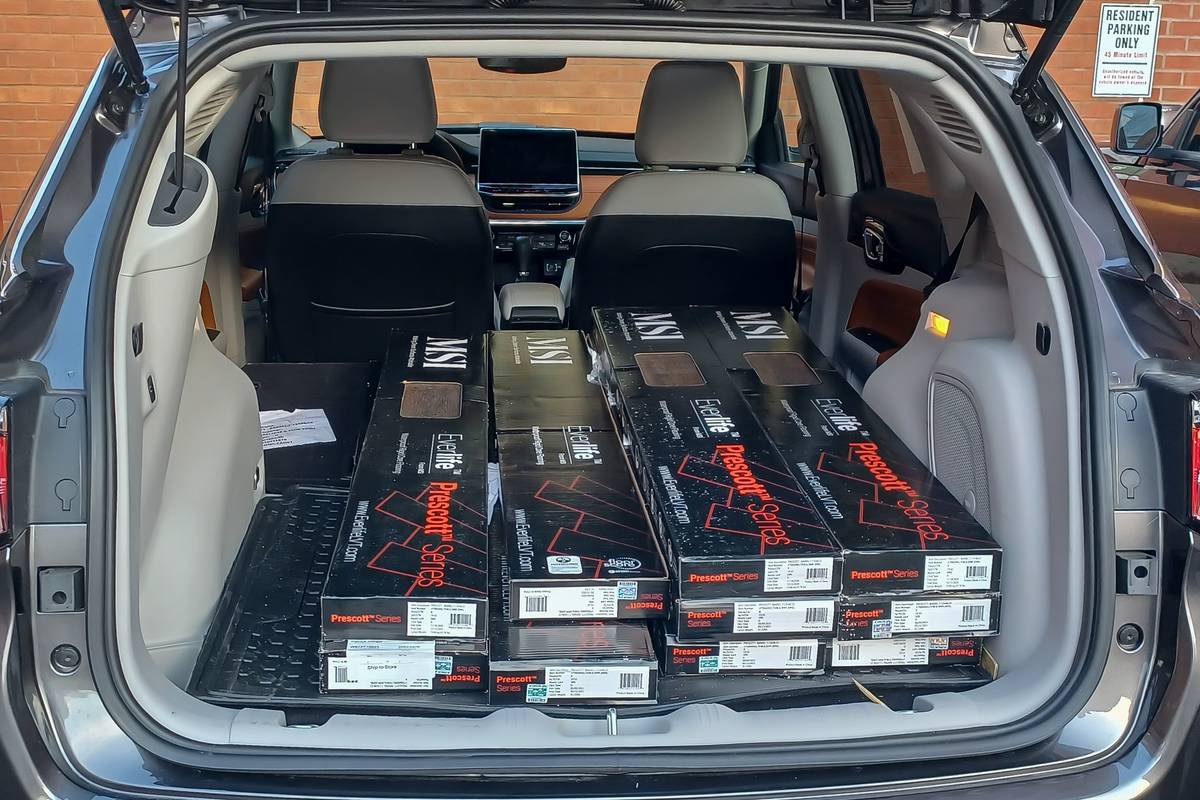
Weight is fuel economy’s natural enemy, so removing unnecessary items or people from your car can translate to real fuel savings.
Get the Leadfoot Out
You can save fuel immediately in whatever you drive by going easy on the accelerator. Jackrabbit starts and full-throttle acceleration boost fuel consumption dramatically. It’s a matter of degree: Light acceleration saves more than moderate acceleration.
Top speed also plays a part. Most vehicles are most efficient when cruising in their top gear at a relatively low speed. For example, a car with a six-speed transmission would be most efficient in 6th gear at 40 to 55 mph. Wind resistance increases exponentially with speed, so as your pace increases from this point, fuel economy drops dramatically. According to AAA, aerodynamic drag causes fuel economy to fall significantly at speeds greater than 50 mph. Onboard trip computers that show instantaneous and average fuel economy are remarkably accurate — keep an eye on this and you’ll learn how to drive in a miserly fashion.
Cruise Control Can Help
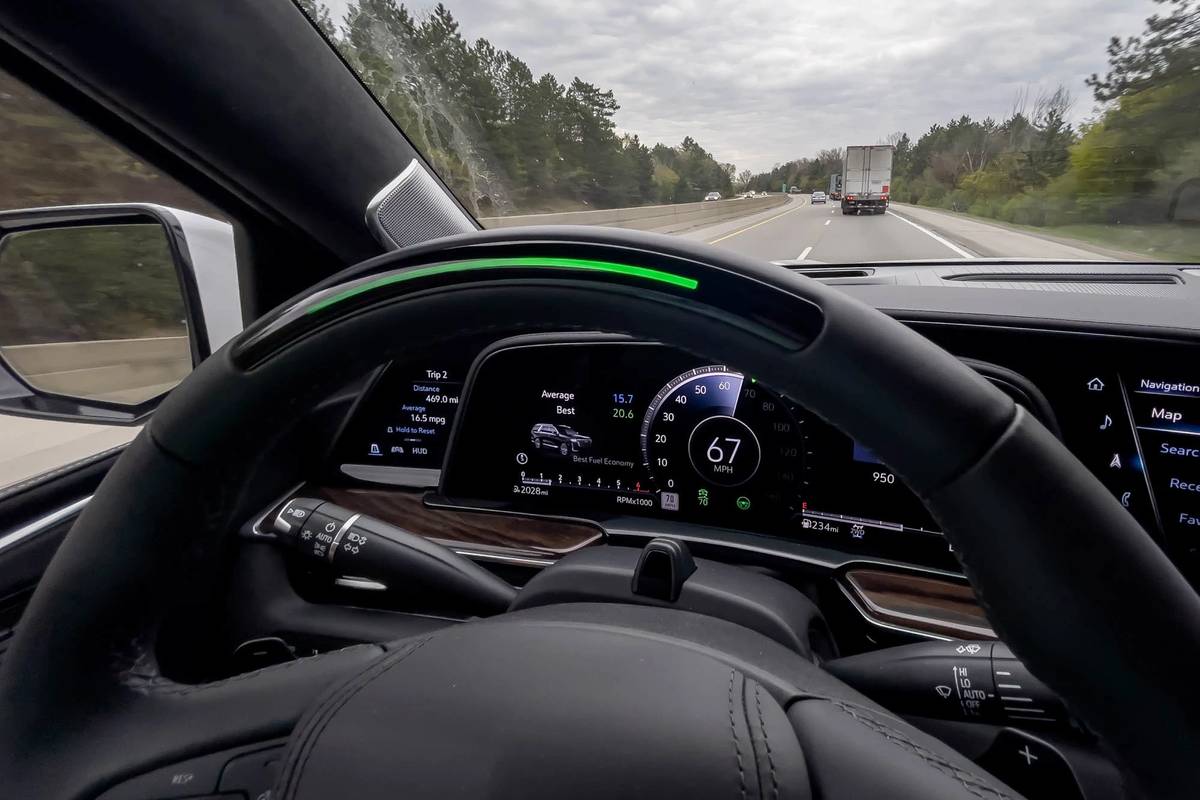
According to the EPA, aggressive driving such as speeding, rapid acceleration and braking lowers gas mileage by up to 30% at highway speeds. Using cruise control reduces these behaviors to help the vehicle’s engine and transmission operate more efficiently while increasing fuel economy.
An Ounce of Prevention
Keeping your tires inflated properly and your engine running right is critical to efficient motoring — underinflated tires can lower your fuel economy by full miles per gallon. Get the correct tire pressure amount from the sticker on your car’s doorjamb or the owner’s manual, and not the tire’s sidewall.
Even if your car seems to be running well, that perplexing check engine light could represent a dead oxygen sensor or some other emissions control problem that causes the vehicle to waste several miles per gallon. Take your vehicle to a repair shop as soon as the check-engine light comes on to minimize the waste.
Open Windows or Air Conditioning
This is an age-old riddle. Unlike a car’s heater, which uses free engine heat to warm the cabin, the air conditioner robs engine power and lowers fuel economy. Which approach is better? It’s not as simple as one or the other.
If your car has been sitting in the sun and is hotter than the outside air, drive for a few minutes with the windows open to cool off. Then, if you’re hitting the highway, close ’em up and turn on the air conditioning. Aerodynamics are more important at high speeds, so if you’re not exceeding 35 or 40 mph, open windows won’t make as much difference.
It also depends on the vehicle. The detriment from driving with the windows down is greater, say, in a Chevrolet Corvette, which has excellent aerodynamics, than in a Jeep Wrangler, which has … none. The same applies to convertibles: You’ll burn less fuel with the top up.
Keep It Sleek
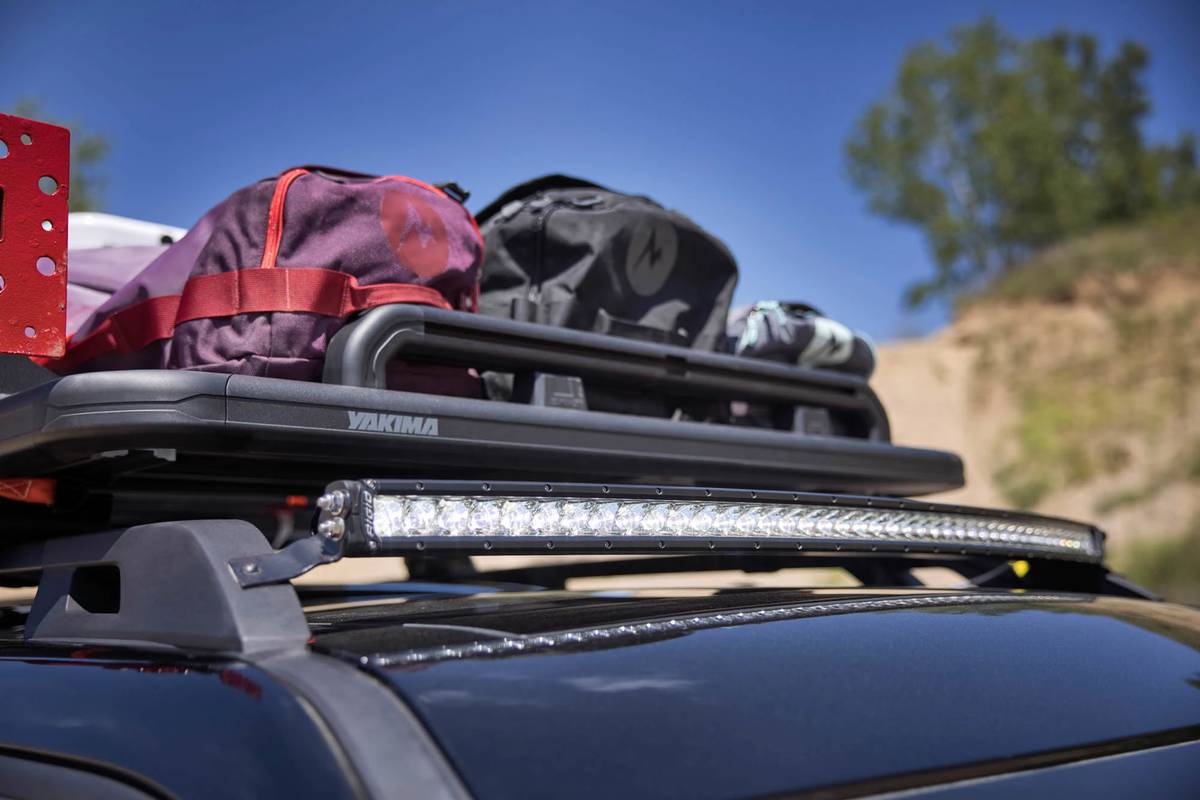
Speaking of aerodynamics, roof-top carriers and bike and ski racks don’t do you any favors even when they’re empty. If you keep all your cargo inside the car, you’ll slip through the wind better. Also, remove aftermarket add-ons such as bug deflectors and window and sunroof wind deflectors. By design, these items work by wrecking your aerodynamics. Sure, bug entrails on your windshield are gross, but they don’t cost you any fuel.
Premium or Regular
Lower-octane fuel costs less, but should you use it? Most modern cars that call for premium fuel can run on regular gasoline without knocking or any long-term penalty. Technically, this makes the car less efficient, but not to a degree that negates the cost savings from the cheaper fuel grade.
Important note: This is true of cars for which premium is recommended, not required. If in doubt, look for terms such as “for best performance” and “recommended” as opposed to “only” or “required.” If your car has a turbocharger or supercharger, you should stick with premium fuel. Of course, if your car calls for regular gasoline, there’s no reason to run it on anything higher in octane.
Find the Cheapest Gas Station
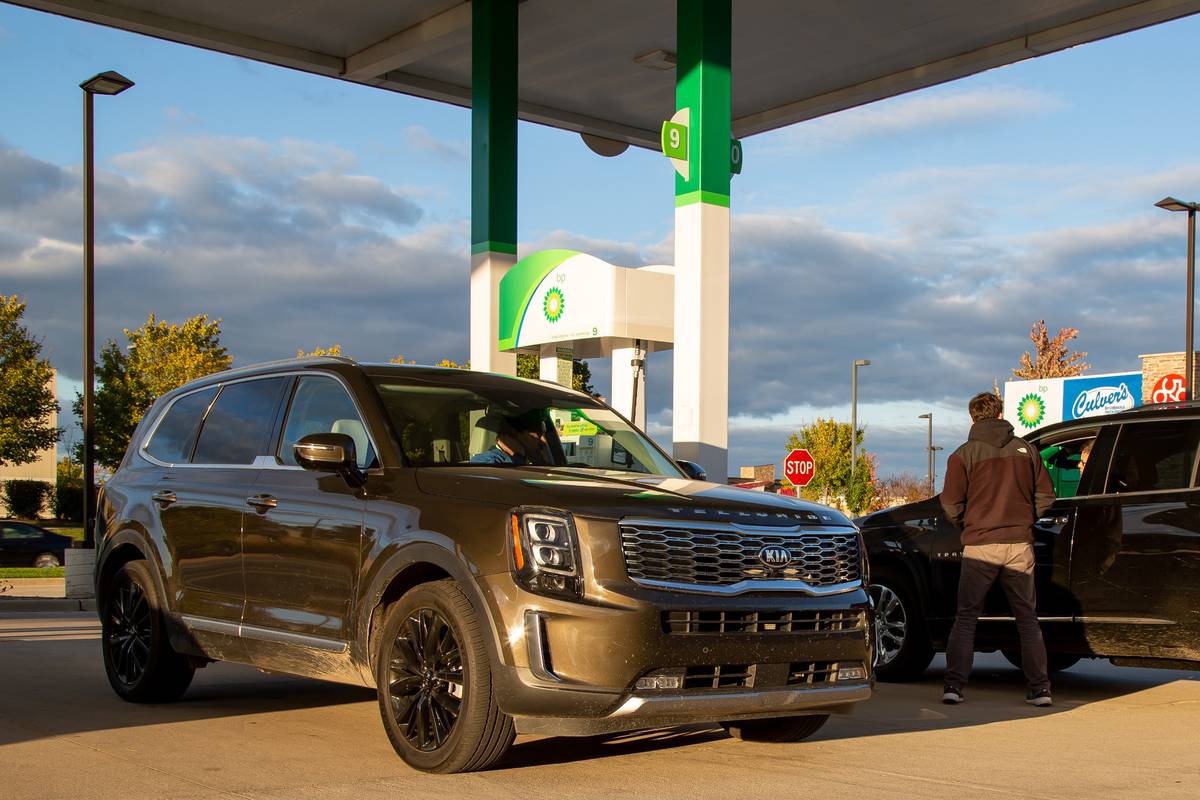
While driving around town scouring for the lowest gas prices will likely cancel out any potential fuel savings, drivers can plan ahead and research gas station pricing. The EPA’s gas price search tool and apps like GasBuddy can help drivers identify the most affordable gas prices nearby and plan their trips for optimal fuel efficiency.
More From Cars.com:
- If My Car Recommends Regular Gas, Is It Good to Use Premium Occasionally?
- Coasting on Fumes: How Much Gas Is Really Left in Your Tank?
- What Are the Most Fuel-Efficient Cars for 2021?
- Which Automaker Has the Best MPG Cars?
- More Fuel Efficiency News
Cars.com’s Editorial department is your source for automotive news and reviews. In line with Cars.com’s long-standing ethics policy, editors and reviewers don’t accept gifts or free trips from automakers. The Editorial department is independent of Cars.com’s advertising, sales and sponsored content departments.
Featured stories




